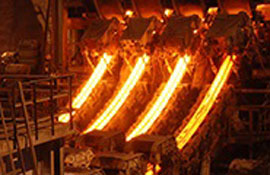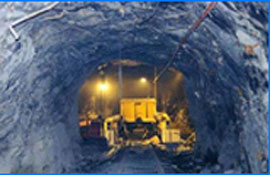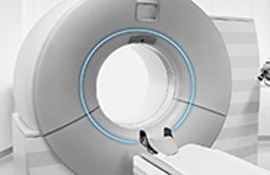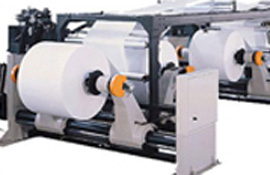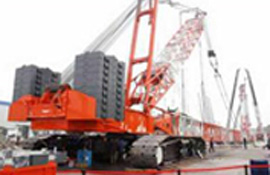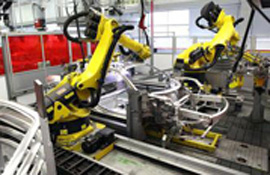Home / News / CNC Linear Bearings: Types, Selection, and Maintenance
CNC Linear Bearings: Types, Selection, and Maintenance
Introduction
CNC linear bearings are critical components in CNC machines, responsible for providing smooth, accurate, and low-friction linear motion along the machine's axes. These bearings play a vital role in ensuring the precision and efficiency of various CNC applications, such as milling, engraving, and cutting operations. This article will discuss the types of CNC linear bearings, factors to consider when selecting linear bearings for a specific application, and maintenance practices to ensure optimal performance and longevity.
Types of CNC Linear Bearings
Ball Bearings
Ball linear bearings use a series of recirculating balls between the bearing's rails and the carriage, allowing for smooth linear motion with low friction. These bearings are suitable for high-speed applications and can support moderate loads.
Roller Bearings
Roller linear bearings use cylindrical or needle rollers between the rails and the carriage, providing a larger contact area and higher load-carrying capacity than ball bearings. These bearings are ideal for applications with heavy loads or high rigidity requirements.
Plain Bearings
Plain linear bearings use sliding contact between the bearing's rails and the carriage, often employing a self-lubricating material, such as polymer or bronze, to minimize friction. These bearings are suitable for low-speed applications and offer high rigidity and low noise operation.
Crossed Roller Bearings
Crossed roller bearings use cylindrical rollers arranged in a crisscross pattern, providing high rigidity and load-carrying capacity while maintaining a compact design. These bearings are ideal for applications requiring high precision and stiffness, such as CNC machining centers and measuring equipment.
Selection of CNC Linear Bearings
Load Capacity
Consider the axial and radial loads experienced by the linear bearings during operation and select bearings with sufficient load-carrying capacity to ensure reliable performance and extended service life.
Speed and Acceleration
Choose linear bearings with suitable speed and acceleration capabilities based on the requirements of the CNC machine. High-speed applications may require specialized bearings, such as ball or roller linear bearings, to provide optimal performance.
Precision and Rigidity
Select linear bearings with high precision and rigidity to maintain the accuracy and smooth motion of the CNC machine. High stiffness is essential for precise machining operations and minimizing vibrations.
Environmental Conditions
Consider the operating environment, such as temperature, humidity, and contamination, when selecting linear bearings. Bearings with specialized materials or sealing systems may be required to ensure reliable performance in harsh or dusty environments.
Maintenance of CNC Linear Bearings
Regular Inspection
Perform regular inspections of the linear bearings to assess their condition and identify any signs of wear, damage, or contamination.
Lubrication
Ensure that the linear bearings are adequately lubricated according to the manufacturer's guidelines. Proper lubrication reduces friction, dissipates heat, and protects the bearings from wear and contamination.
Bearing Replacement
Replace linear bearings as needed based on their condition or the manufacturer's recommended service intervals. Always use high-quality replacement bearings to maintain the performance and reliability of the CNC machine.
Preventive Maintenance
Adopt a preventive maintenance approach, including regular inspection, lubrication, and monitoring of bearing performance, to identify and address potential issues before they result in costly downtime or damage to the CNC machine.
Conclusion
CNC linear bearings are essential components in CNC machines, responsible for providing smooth, accurate, and low-friction linear motion along the machine's axes. By understanding the types of CNC linear bearings, considering the appropriate factors when selecting bearings for a specific application, and following proper maintenance practices, you can ensure optimal performance, precision, and longevity for your CNC machine.
- Previous: CNC Router Bearings: Types, Selection, and Maintenance
- Next: CNC Bearing Lubrication: Importance, Types, and Best Practices



